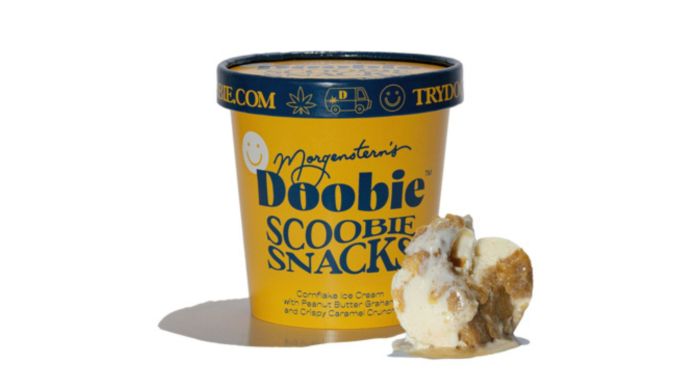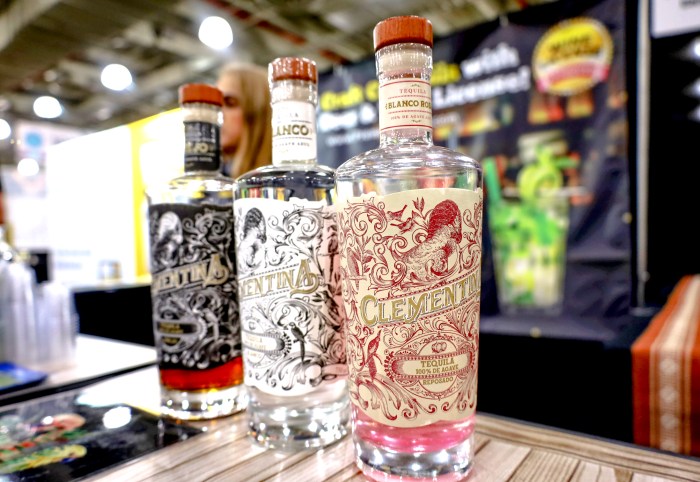By Talia Segal Fidler
Most of the food consumed by Americans today are highly processed and adulterated with saturated fat, trans fat, salt and sugar.
Why do we eat this way knowing that processed foods and a diet that is loaded with sugars, fats, chemicals, and additives can wreck our health?
For one thing, junk food is cheap. If you go to the grocery store you will find an abundance of inexpensive snacks high in sodium, sugar and fat. Processed foods are also easy to prepare, most come in bags or boxes – just add water. And they taste good.
Although processed foods may seem cheap to buy as well as a timesaver, in the long run junk food can end up costing more in health problems and medical bills.
What we choose to put in our body has a direct effect on our physical, mental and emotional well-being. In order to protect our health and support the immune system it is recommended to consume whole natural foods that will give you a variety of nutrients, provide optimal fuel for our cells and tissues, and help bolster our immunity while maintaining a healthy weight.
One of the ways to protect yourself from unhealthy foods is to read the label. If the label lists more than 5 ingredients and most of them are unfamiliar or unpronounceable, place it back on the shelf and move on.
When visiting the supermarket start by shopping around the outside sections. Look for perishable foods such as fruits, vegetables, dairy, meat, fish and eggs. Foods that do not have a very long shelf life are actually the ones that will help you live longer!
If you’re looking for a heart-healthy diet, check out the Mediterranean Diet. Based on the cuisine of countries bordering the Mediterranean Sea, the components include vegetables, fruits, whole grains and healthy fats, a weekly intake of fish, poultry, beans and eggs, moderate portions of dairy products and a limited intake of red meat.
Olive oil is the primary source of healthy fat of the Mediterranean Diet, providing monounsaturated fat, which has been found to lower the low-density lipoprotein (LDL or “bad”) cholesterol levels.
My favorite olive oil is made in a small village in Kastania, Greece. Produced by a family business going back centuries, Kastania Extra Virgin Olive Oil is made from a blend of roughly 80 percent Koroneiki olives and 20 percent Athinolyia olives. Both are valued for their flavor and nutritional content. Completely organic, Kastania was awarded a Gold Medal at the New York International Olive Oil Competition in 2018.
For a limited time you can order it online and get a 10% discount using this code: TSF78 www.kastaniaoliveoil.com
Enter the code, go to PURCHASING.
Try my homemade hummus recipe with a drizzle of olive oil
Enjoy!
Home made creamy Hummus
Makes 2 cups
If you want to make authentic hummus you must start with dry chickpeas. Soak them overnight in water drain and cook with fresh water untill they are soft.
You can also use canned chickpeas with good results. This is a very quick hummus to make and lasts for a week in the refrigerator.
Ingredients:
2 cups canned chickpeas (drained) liquid reserved
3 cloves garlic
1 tsp. cumin
1/3- cup tahini (sesame paste)
¼ cup extra virgin olive oil
2 lemons, freshly squeezed juice (about 6 Tbsp.)
1 ½ teaspoon kosher salt
2 Tbsp. water or juice reserved from the chickpeas
Dash of Paprika
Directions:
Place all ingredients in the bowl of a food processor fitted with a steel blade and process until the hummus is coarsely pureed.
Taste for seasoning, garnish with coarsely chopped parsley and generous drizzle of extra virgin olive oil.
Serve chilled or at room temperature.


















